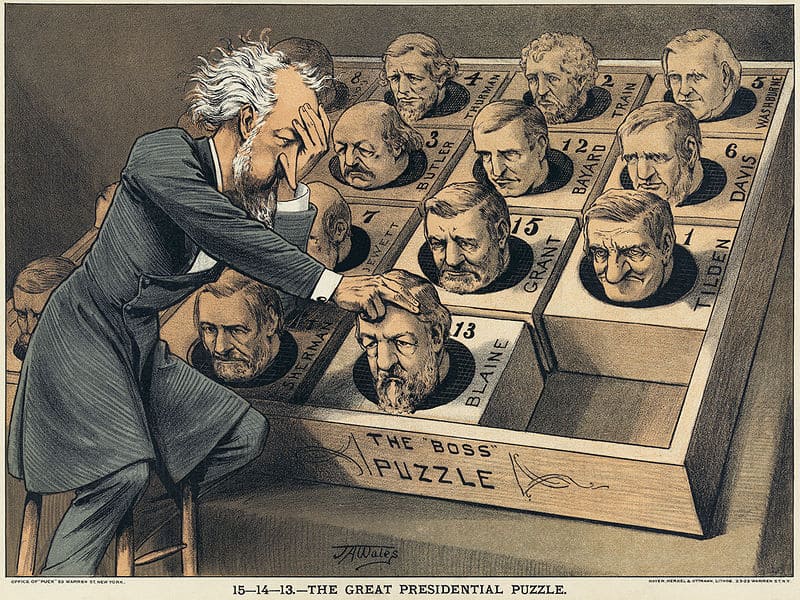
6. Religious tests were considered as part of the right to vote, disqualifying some voters
In colonial America, several of the colonies excluded members of certain religions from voting, including Quakers, Jews, and in many cases Catholics. The Delaware state constitution of 1776 required all elected or appointed to any public office to take an oath professing a belief in the Holy Trinity of Christianity (Father, Son, and Holy Ghost). The Constitution of the United States explicitly denies any religious test as a requirement for public office (Article Six) but was silent as originally written as to the application of the same standard to voting.
For decades, Jews were prevented from voting not by law but by electoral practice. Polls were established in some jurisdictions, including New York City, on Friday evenings after the Sabbath had begun, or on Saturdays, under the guise of making it easier for workers to vote. The practice continued after voter registration took hold, with Saturday being the day of registration. In areas where a substantial Jewish turnout was beneficial to a candidate, the practice was changed to accommodate Jewish voters. Vote manipulation by changing the day of election was commonplace throughout the young republic.

